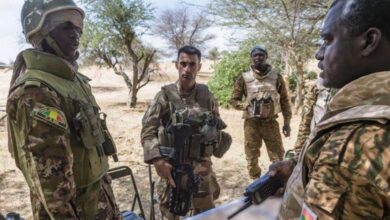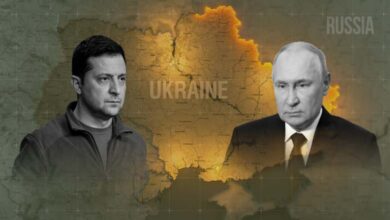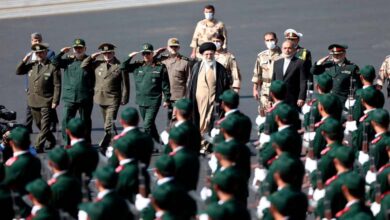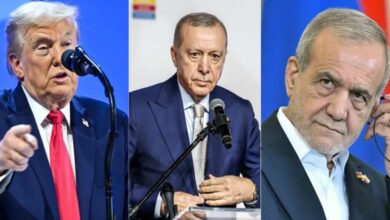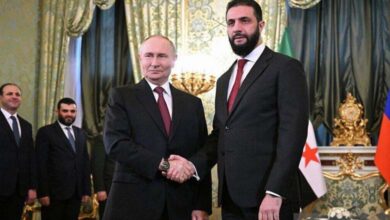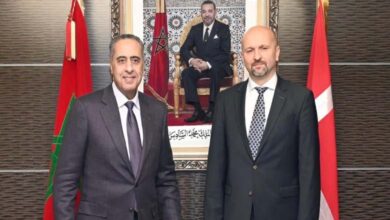Afghanistan’s unity and Pakistan’s security: talks to establish truce mechanisms
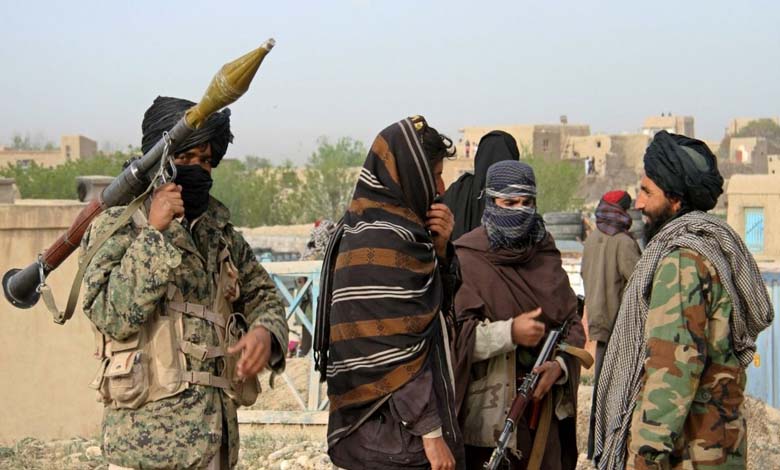
Afghanistan and Pakistan are resuming negotiations aimed at solidifying the mechanisms of a fragile truce, as both neighbors seek guarantees concerning national unity and security along their shared border.
-
Pakistani Taliban strike again: 12 soldiers killed in dawn ambush
-
Will the United States Redesignate the Taliban as a Terrorist Organization?
The talks, scheduled for Saturday in Turkey, are expected to focus on security issues and the establishment of a lasting ceasefire along the frontier, which has recently witnessed rare and deadly clashes.
The confrontations, which erupted two weeks ago, left dozens dead, including civilians. The Taliban government accused Pakistan of being behind bombings in central Kabul, prompting retaliatory attacks along the border. In response, Islamabad vowed a “strong reaction” and reportedly carried out “precision strikes” on militant groups inside Afghan territory, according to security sources.
A temporary truce was reached last weekend under Qatari mediation, though its details remain unclear and will be discussed further in Ankara.
-
Afghanistan’s Taliban Government Hopes for a “New Chapter in Relations” After Trump’s Win
-
Taliban Ban Images of Living Creatures in Media: What Is Their Justification?
Defining the “mechanisms” of stability
The upcoming talks will focus on defining the “mechanisms” needed to restore stability, as outlined during the Doha discussions. The Afghan delegation will be led by Deputy Interior Minister Haji Najib, while Pakistan has yet to disclose the names of its representatives.
For the Taliban government, the priority is to ensure Afghanistan’s territorial unity. Islamabad, meanwhile, seeks to address what it calls “terrorist threats emanating from Afghan soil targeting Pakistan,” according to Foreign Ministry spokesperson Tahir Hussain Andrabi.
-
The Latest: Banning Voices… The Taliban’s Criminal Record Against Afghan Women
-
Measures in the Autumn of Relations: What the Germany-Taliban Negotiations Have Produced
At a press conference, Andrabi noted that “no major terrorist attacks have been recorded from Afghan territory since the Doha meeting,” adding that this reflects “tangible progress on the ground.”
Security concerns remain the most contentious issue between the two countries. Pakistan, facing renewed attacks on its security forces, has long accused Afghanistan of harboring militant groups — notably the Tehrik-e-Taliban Pakistan (TTP) — an allegation repeatedly denied by Kabul.
-
After 3 Years in Power: Taliban Declares “Women’s Faces and Voices Are a Shame”
-
What Afghanistan has reaped after 3 years of Taliban rule
Toward a framework for security cooperation
Ibrahim Bahiss, an analyst with the International Crisis Group, told AFP that the upcoming meeting in Ankara could be “critical,” as it may establish the “mechanisms required” for intervention and coordination when Pakistan raises concerns about anti-Pakistani groups operating from Afghan territory.
“These mechanisms,” Bahiss explained, “could include intelligence sharing. For instance, Pakistan could provide the geographical coordinates of TTP fighters or leaders, and instead of launching airstrikes, Afghanistan would be expected to take direct action against them.”
-
After 3 Years in Power, Has the Taliban Achieved Diplomatic Success?
-
Russia Invites the Taliban to Participate in an Economic Forum
However, he expressed caution, adding that “it is uncertain whether a technical arrangement can address the root causes of the escalation. I am not overly optimistic.”
The recent explosions in Kabul occurred just as a senior Taliban diplomat was undertaking a landmark visit to India, Pakistan’s long-time rival.
Although Turkey has not yet officially confirmed the meeting, Ankara reaffirmed its commitment “to continue supporting efforts toward lasting peace between the two brotherly nations.”


